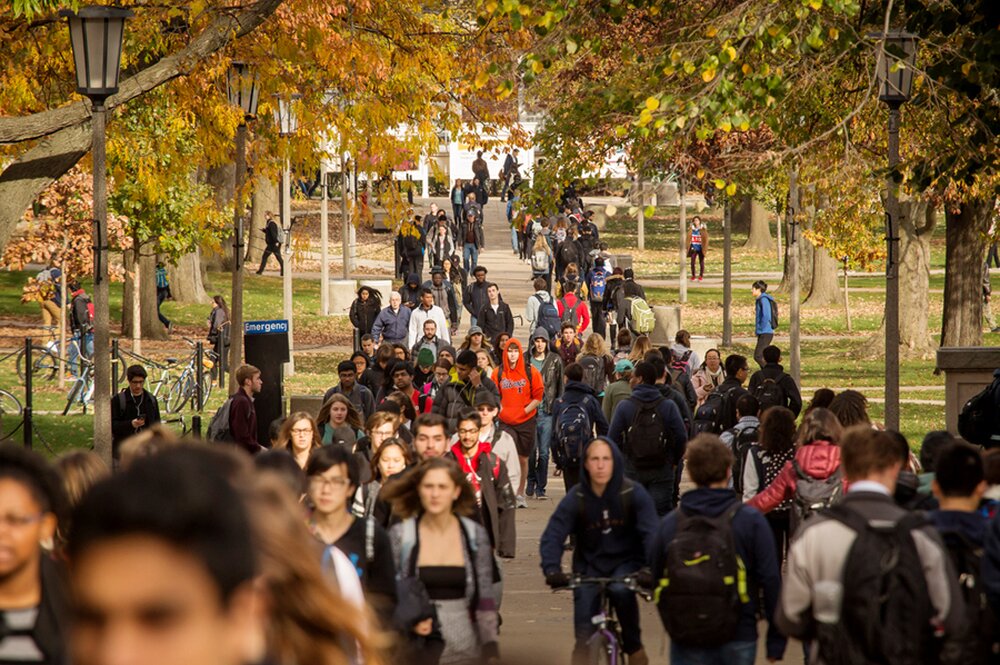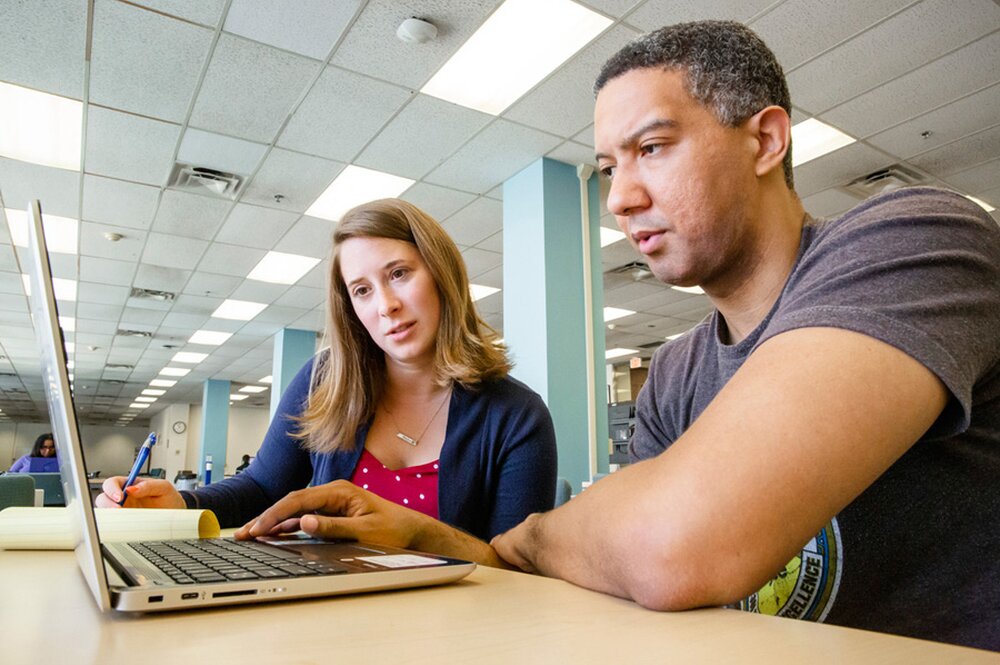Statistics and Data Science is the science of modeling, summarizing, and analyzing data, and of using mathematics and computing tools to make predictions and decisions in the face of uncertainty. Statistical ideas are applicable in any area involving quantitative measurement and in almost every area of scholarly pursuit. The major, administered by the Department of Statistics, is designed to provide students with an understanding of the concepts of statistical inference and a familiarity with the methods of applied statistical analysis. A major in statistics will prepare students for a career in business, industry, or government, and for further graduate study in statistics or in a related area.
Undergraduate statistics majors and statistics graduate students have many options to select the curriculum that will best match their long term goals, whether it is to prepare for careers in data intensive industries, to obtain advanced training for work in public policy and government research, to prepare for future leadership as a data scientist, or to prepare for an academic career in statistics or a related field. The Bachelor of Science Degree in Statistics will prepare students for careers in business, industry, or government, and for further graduate study in statistics or in a related area. The Master of Science (MS) degree in Statistics provides advanced training in mathematical and applied statistics, exposure to statistics in a consulting or collaborative research environment and specialized coursework in a number of areas of emphasis. The program is intended to prepare students for careers as practicing statisticians, to provide enhanced research expertise for students pursuing advanced degrees in other fields, and to strengthen the mathematical and statistical training of students preparing for PhD studies in statistics or a related field. The Master of Science Concentration in Analytics combines the mathematical and statistical training of the traditional MS in Statistics with enhanced computational and data analytic training for those planning careers in information intensive industries or research. The program includes fundamental training in mathematical and applied statistics as well as specialized training in data management, analysis, and model building with large datasets and databases. The specialized courses have an emphasis on statistical computing, data management, and statistical learning, which encompasses the more statistical topics that fall under the broader title of data mining.
Additionally, students in many different disciplines find statistics coursework to be a valuable component of their curriculum, preparing them to interpret statistical information in scientific studies and in the popular press, enabling them to design and analyze their own studies, and strengthening their preparation for careers in data science and graduate work in many different fields. Knowledge of statistical methods and theory has become increasingly important to students in many disciplines such as the life sciences, physical sciences, social sciences, engineering, and business. As more and more data are collected, stored and analyzed, students are finding it increasingly beneficial to gain expertise in statistics to bolster their research skills and enhance their career opportunities. To help prepare such students the Department of Statistics offers an undergraduate minor for non-majors who take a significant number of courses in Statistics.
For additional information about median pay, career outlooks, and similar occupations, please see the Bureau of Labor Statistics website.




